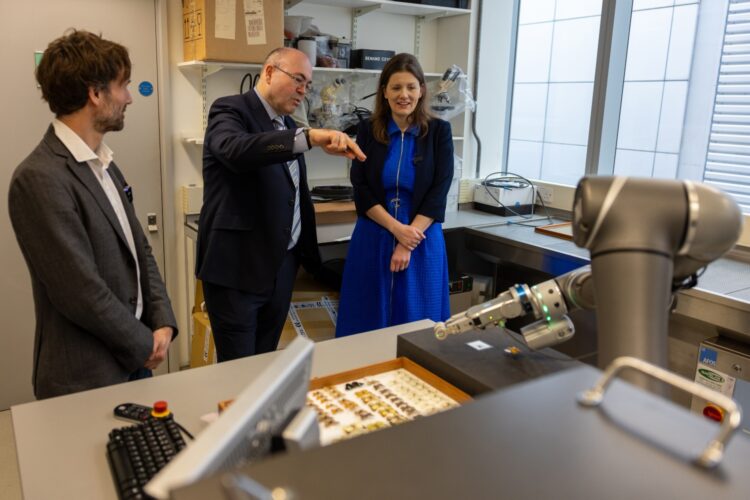Research England
We are responsible for funding and engaging with English higher education providers, to create and sustain the conditions for a healthy and dynamic research and knowledge exchange system in the higher education sector.

Highlights
News
Blog
Address
Research England
Westward House
Lime Kiln Close
Stoke Gifford
Bristol
BS34 8SR








